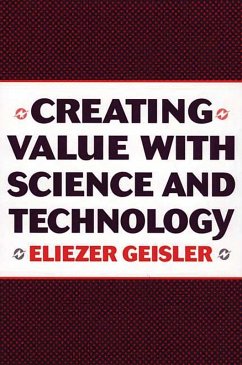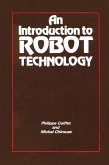Do science and technology create value for society and the economy, and how might one go about measuring it? How do we evaluate its benefits? Can we even be certain that there are benefits? Geisler argues that there are benefits, and that they outweigh in value the negative impacts that inevitably accompany them. His revolutionary new book goes on to show that they can also be measured and evaluated, and in one volume all of the existing knowledge on how to do it is complied--then Geisler's own methods are offered. The result is a compelling argument that the value of science and technology in our lives has indeed been positive, and that the economic well-being of all individuals, organizations, and nations rests upon them. Geisler starts off by describing his conceptual framework for the evaluation of science and technology and the impact and benefits that proceed from them. He discusses the nature of evaluation in general terms, and then in the specific context of science, technology, and innovation together. He reviews the state of our present knowledge and assesses the nature of value creation itself. Throughout, Geisler remains fixed on his driving thesis: Although there are certainly some negative impacts from science and technology, on the whole the results of its outputs are positive. He shows how they have contributed to a range of activities and institutions, particularly to the improvement of health and human welfare worldwide. Finally, after discussing the theories of evaluation, he gets down to the practice, providing readers with a way to assess science and technological innovations for themselves.
Bitte wählen Sie Ihr Anliegen aus.
Rechnungen
Retourenschein anfordern
Bestellstatus
Storno









